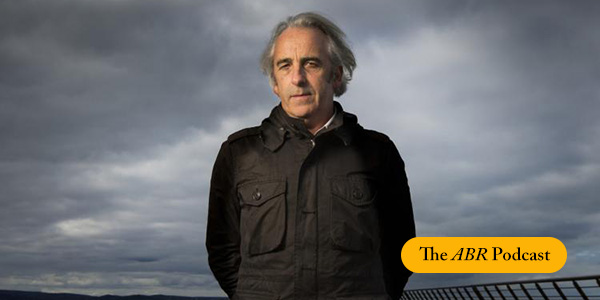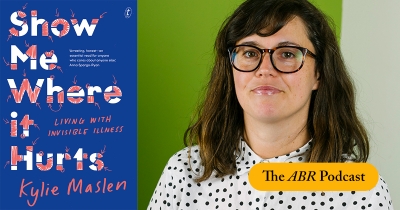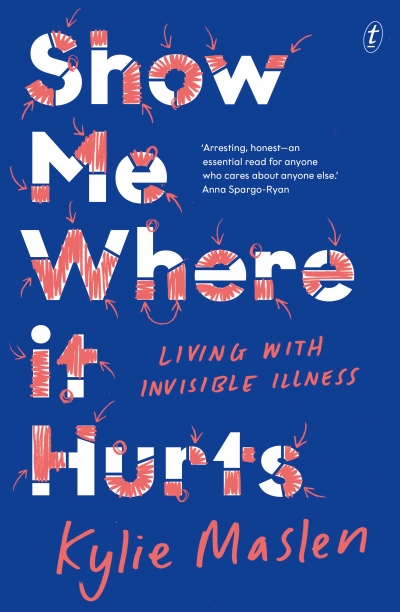Accessibility Tools
- Content scaling 100%
- Font size 100%
- Line height 100%
- Letter spacing 100%
Kylie Maslen
The ABR Podcast
Released every Thursday, the ABR podcast features our finest reviews, poetry, fiction, interviews, and commentary.
Subscribe via iTunes, Stitcher, Google, or Spotify, or search for ‘The ABR Podcast’ on your favourite podcast app.
Episode #183
'The Neighbour's Beans'
By Gregory Day
In this week’s ABR podcast we feature one of the winners of the 2011 ABR Elizabeth Jolley Short Story Prize. Gregory Day’s ‘The Neighbour’s Beans’ was joint winner of the prize that year with Carrie Tiffany’s ‘Before He Left the Family’. Gregory Day commented at the time that ‘the short story form encourages an intense display of the writer’s craft whilst being a potent vehicle for the compression of emotion’. Gregory Day is a novelist, poet, and composer from the Eastern Otways region of southwest Victoria. Listen to Gregory Day’s ‘The Neighbour’s Beans’, published in the October 2011 issue of ABR.
Recent episodes:
Kylie Maslen's début essay collection, Show Me Where It Hurts, is an intimate exploration of living with chronic illness. Maslen describes her own experiences with the invisible illness she has lived with for the last twenty years, delving into its daily reality while incorporating music, literature, television, film, online culture, and more. Kate Crowcroft, who reviews the book in ABR's November issue, describes it as 'essential reading for those of us with the privilege of having a body that behaves itself'.
... (read more)


